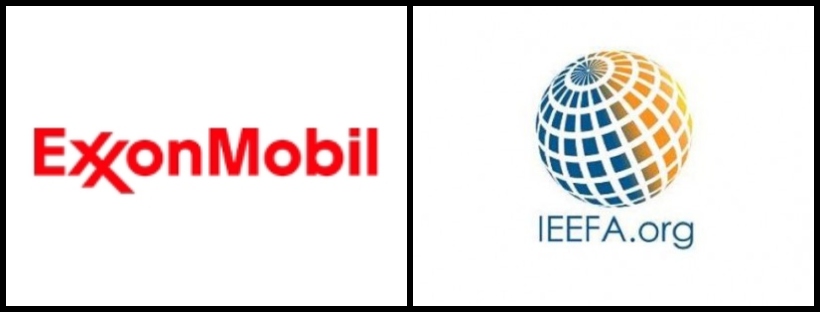Upon noting that Exxon Mobil suffered a US$680M loss during the third quarter, the Institute for Energy Economics and Financial Analysis (IEEFA) which examines issues related to energy markets, was quick to point out that this performance is significantly worse than those of the oil giant’s four peers, Shell, Total, BP and Chevron.
In its most recent commentary, the Institute noted that the disappointing results also challenge the company’s repeated claims that the fundamentals of the oil and gas industry have not changed. The industry analyst reminded that Exxon assumes that growing populations and economies will increase energy demand hence there would always be a demand for its products for the time being. IEEFA believes that this perspective is far removed from reality since the company’s stock price is in the US$30/share range while adding that in 2014, it was more than US$100. It also noted that ExxonMobil’s market capitalization is less than US$150 billion. It once was US$527 billion.
In a brief comment, Director of Finance at the Institute, Tom Sanzillo, noted that ExxonMobil clearly needs a business model that manages decline, generates stable profits, and contributes to a solution to the world’s climate and energy challenges. He added, “The constant refrain that ‘industry fundamentals are solid’ is just wrong.”
The Institute was keen to note that since the COVID-19 pandemic which brought on low oil prices, ExxonMobil has responded by cutting staff and slashing capital spending significantly. At the beginning of 2020, the company had projected that it would spend US$33 billion on capital projects during the year, but has now trimmed that projection to US$23 billion. During its earnings call last week, the oil giant said it expects to reduce capital expenditure further next year, to US$16-19 billion.
Despite cuts in capital spending, the Institute highlighted that ExxonMobil’s US$1.1 billion in free cash flow trailed its peers, and failed to cover the company’s US$3.7 billion dividend payments. Guyana Standard understands that the resulting US$2.6 billion cash shortfall was also the worst among ExxonMobil competitors. Chevron posted a shortfall of US$0.5 billion, while Shell, BP, and Total, produced sufficient free cash flow to fund their dividends.
In announcing its third consecutive quarterly loss, ExxonMobil also announced it would not raise its dividend for the first time in nearly 40 years. Also, its free cash flows have now failed to cover dividends for seven consecutive quarters. The Institute said that this poor cash performance raises troubling questions about whether it is prudent for ExxonMobil to sustain its current level of dividends.













